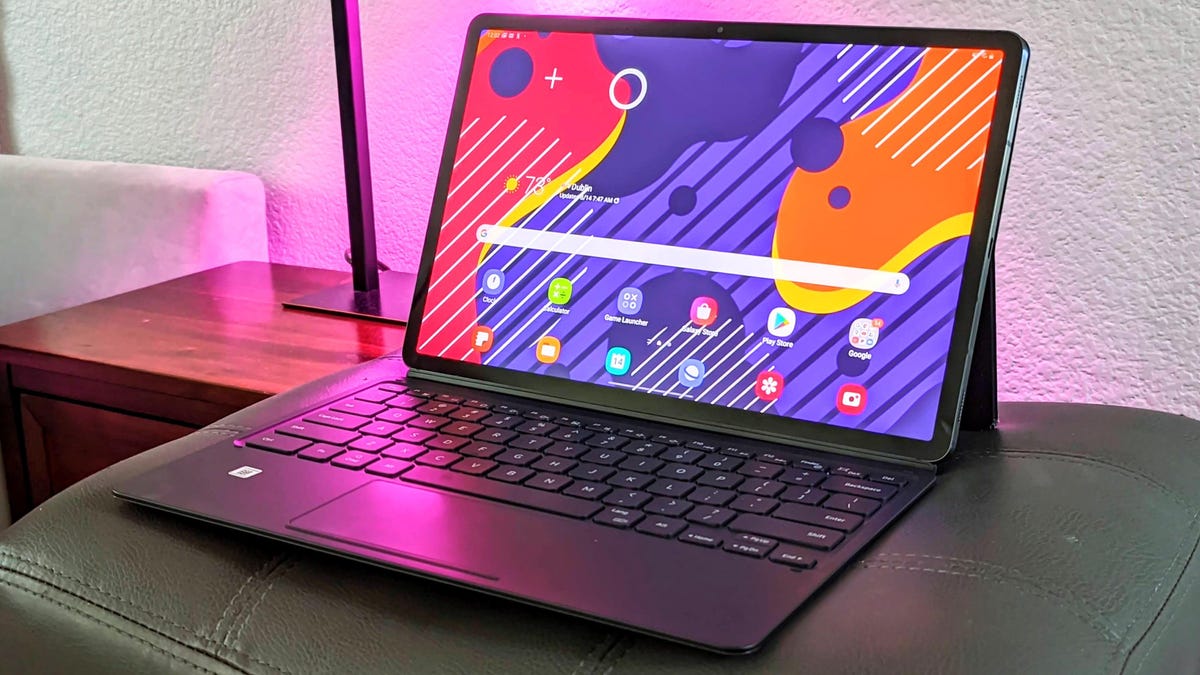Don't bother with Android tablets
Commentary: I love Android phones, but Android tablets stink as an investment.

When it comes to gadgets , I look for the right tool for the job. My household includes Android phones , iPhones , MacBooks , a Chromebook and a couple of Windows PCs. I have an old Android tablet around, but it's now relegated to being a glorified weather station. It happens to be the second-generation Google Nexus 7 from 2013. Back when I bought it, I thought, "Great, Google is behind this! This will be a device that gets all the best from Google as long as possible."
It turns out "as long as possible" meant two years; it's stuck on Android 6. If I want Android 10, the latest version, I'll have to start messing with Lineage OS, a custom ROM for older Android devices. That means I'll have to unlock the bootloader of the Nexus 7 and install a new ROM. While that could be a fun project that I may try in the future, it's an example of why Android tablets just don't make a lot of sense as a long-term investment.
Android is a great mobile operating system and I love it on my Note 20 Ultra. I get to customize it like crazy. I also know that this phone will get updates for the next few years. Generally, I use whatever phone I have for two to three years. Tablets tend to last longer physically, but it's difficult to know if and when you'll get updates. Samsung did announce that several of its newest Android tablets would get guaranteed updates for several years. That's great, but it's far from the norm.
When I'm looking to buy a tablet or laptop, I'm looking to buy a device that should outlast my phone. I want those devices to have a lifecycle of probably around five years or so. Good luck finding an Android tablet that gets five years of OS updates. That does not mean the tablet just stops working when the updates stop. It means you're no longer getting the latest features unless you shell out for new hardware or start messing around with other ROMs. It also means you're not getting security updates, so at some point it becomes a risk.
If you look at tablet competition from Apple or Microsoft , you're probably getting updates for five years easily. Apple's latest iPadOS 13 works on the iPad Air 2 , a device that was released in October 2014. Then there's Microsoft. It's a company famous for providing updates for years and years and years (sometimes to its own detriment). While the tablet applications on Windows tablets may not be as polished as iOS or Android apps, you get the ability to run full-on programs without compromise. And Microsoft has this whole multitasking thing down to a science using a windowed operating system.
I could go on and on about why Android tablets just don't cut it. And I did in the video above. I'm sure you'll let me know what you think in the comments.

